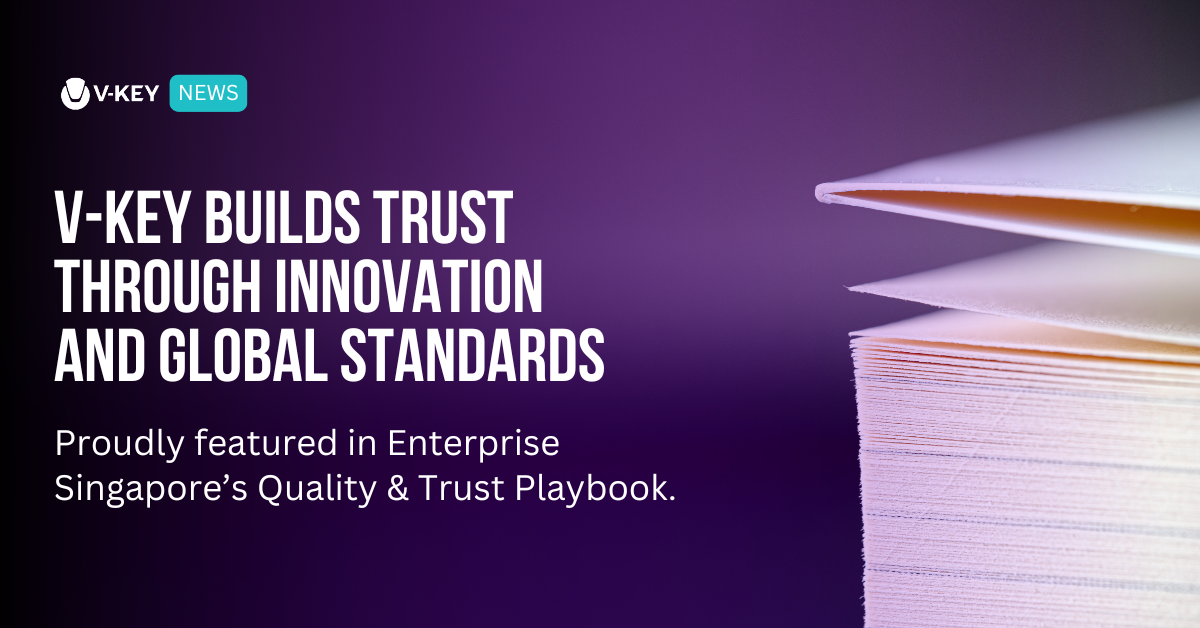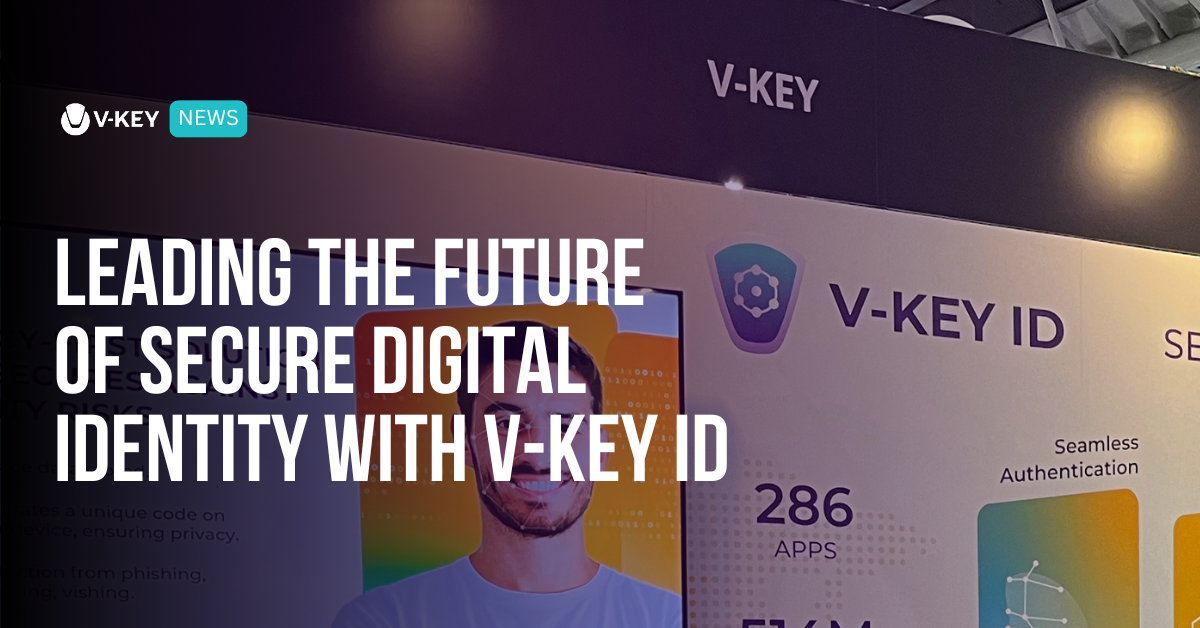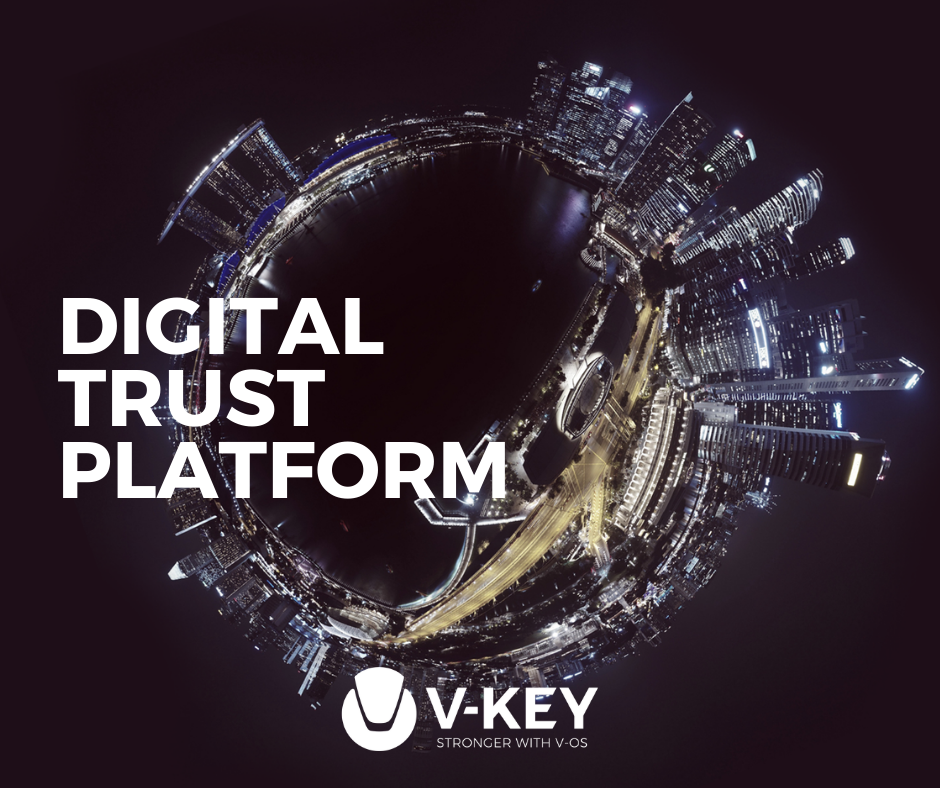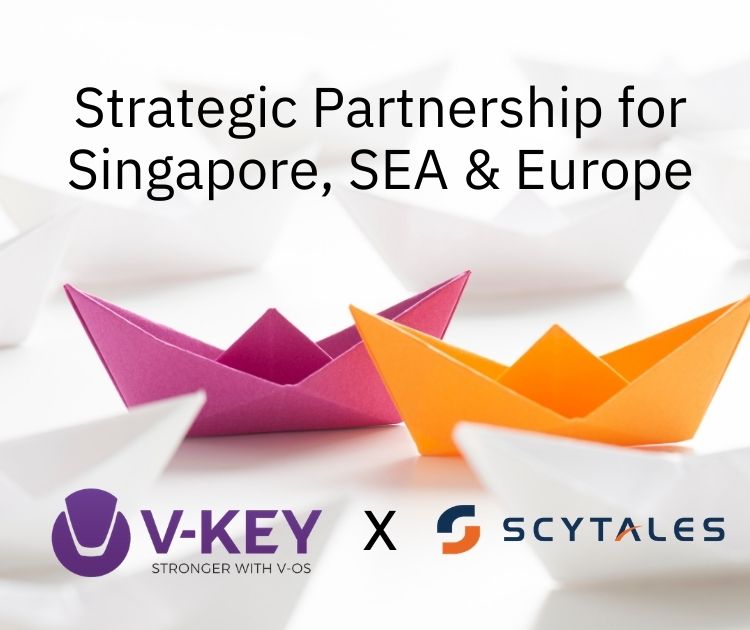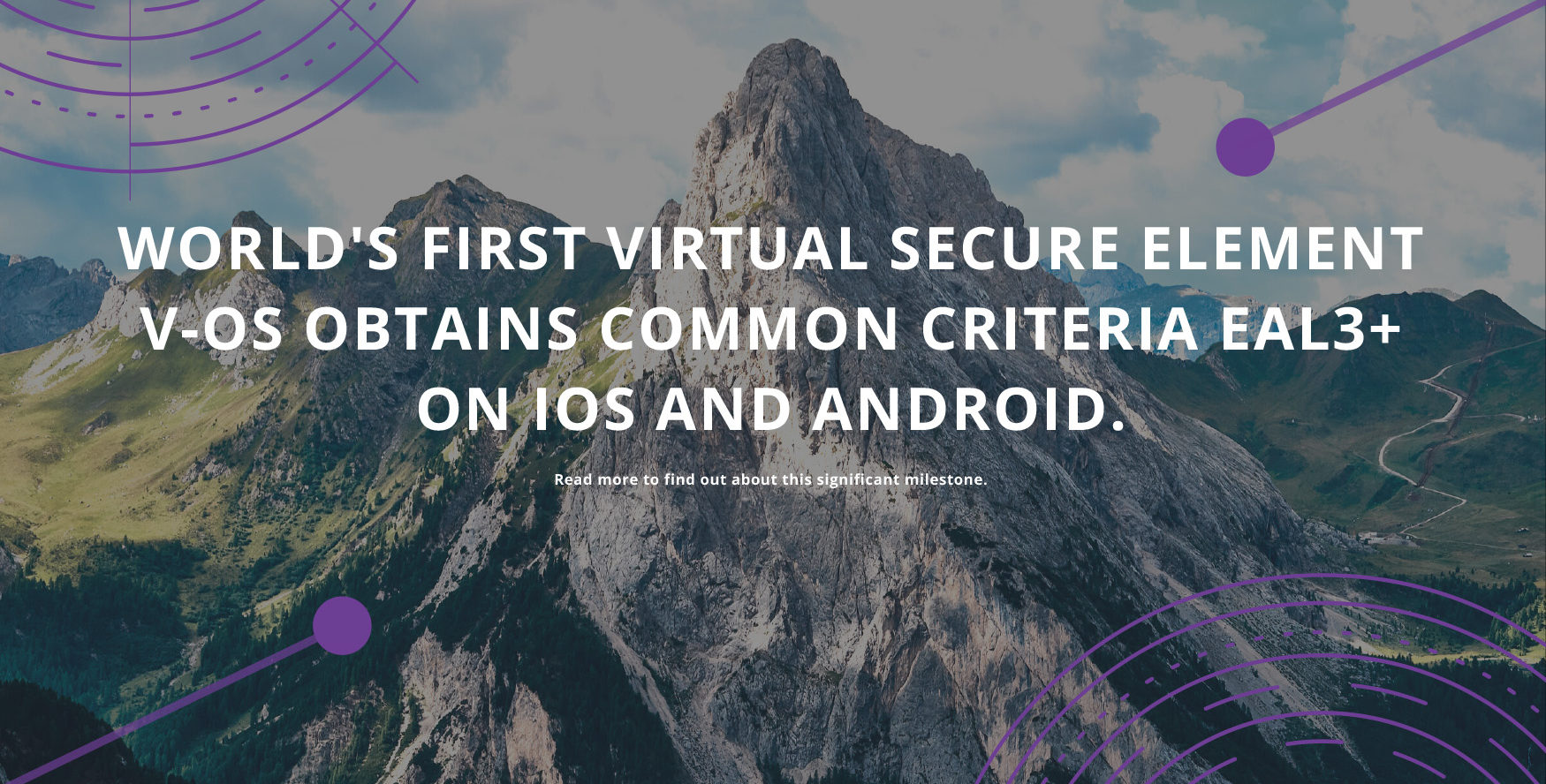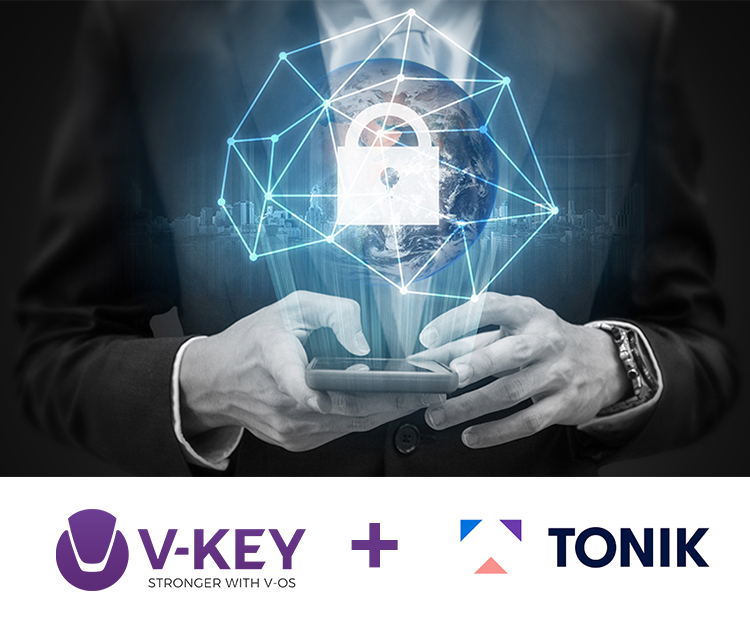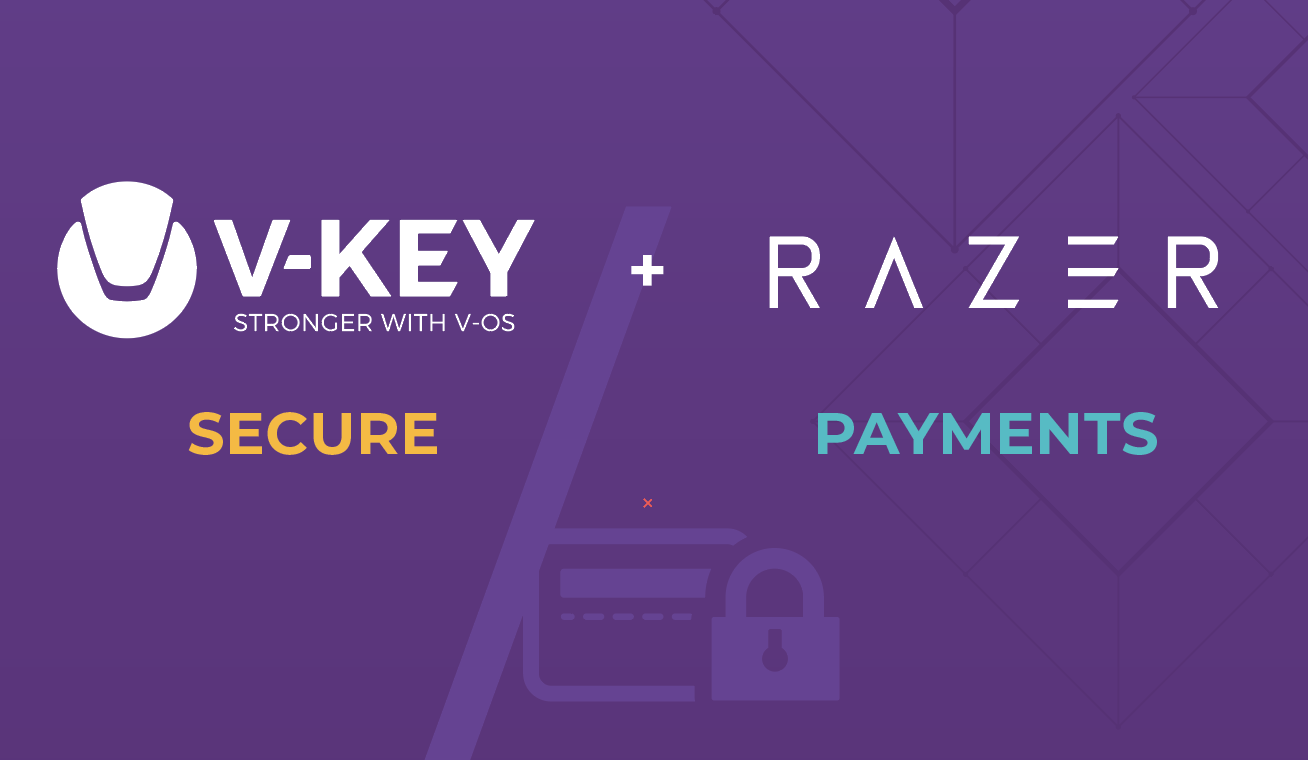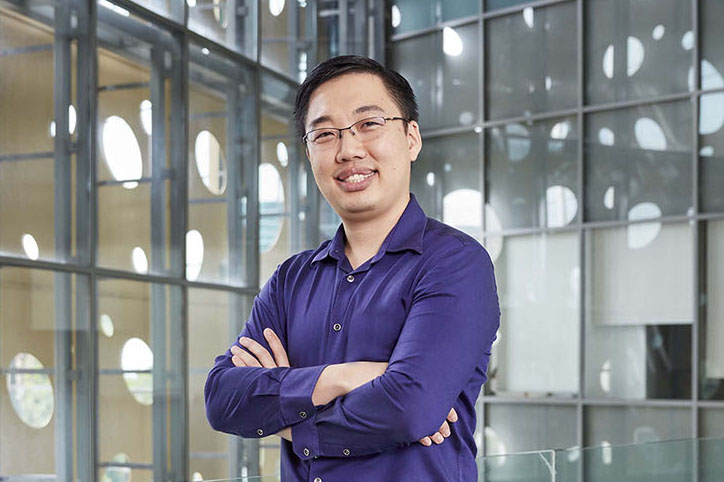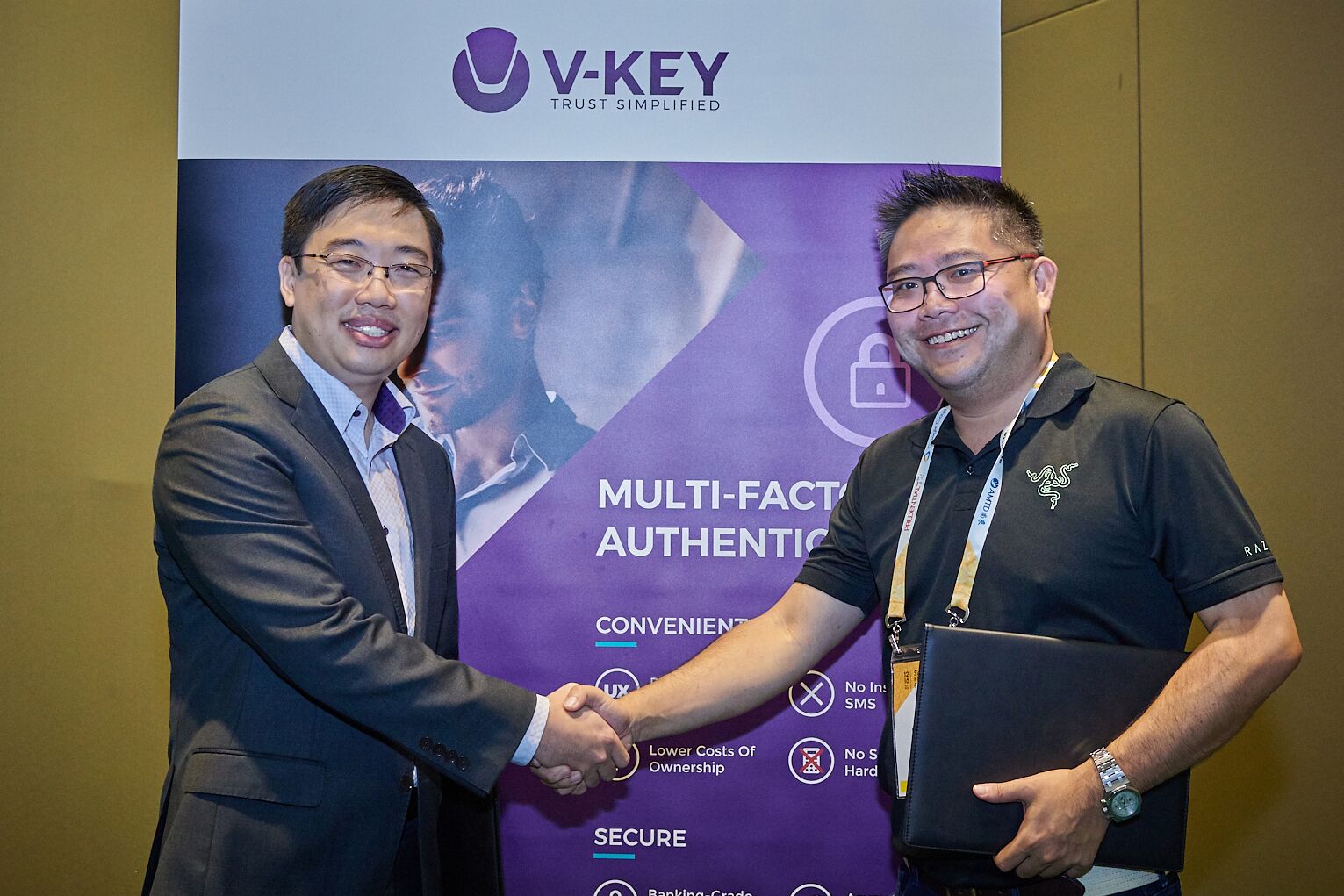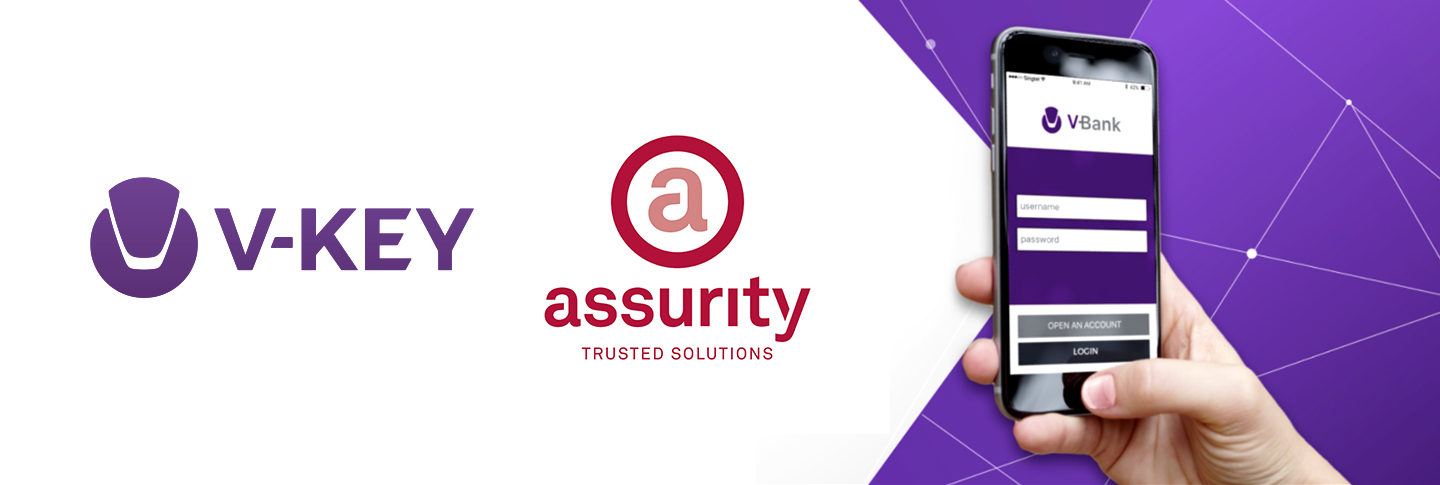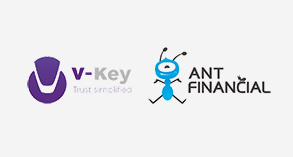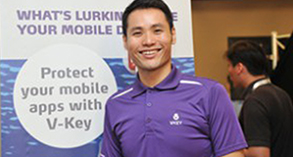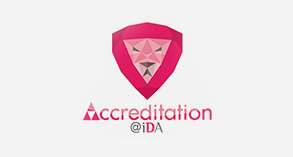Continuous partnerships with institutes of higher learning give V-Key Pte Ltd easy access to talent for future growth
The next security crisis may not be a terrorist attack on an airplane, or one that cripples critical infrastructure such as telecommunication. The next security crisis, instead, may be a lack of ability to mitigate such attacks because there’s no one with the right know-how or capability to respond to them.

“There is a shortage of professionals in the infocomm technology (ICT) and financial technology (fintech) sectors in Singapore as the volume and sophistication of cyber-attacks, especially on mobile devices, continue to rise globally,” says Mr Benjamin Mah, Co-Founder and Chief Executive Of cer of V-Key Pte Ltd.
However, V-Key has developed a simple strategy to attract the best people, groom them for top jobs within the company, and create a pool of skilled ICT and ntech professionals in Singapore.
In January 2016, the company forged partnerships with institutes of higher learning and several local banks. Together, they embarked on manpower initiatives. A key focus area is enabling selected ICT students to join V-Key as an intern from the first year of their studies. The goal is to expose them to the company’s projects and goals, and the larger ICT and fintech community from the very beginning of their academic journey right up to the final year of their studies.
Set up in 2011, the local mobile security technology firm provides solutions to protect user identities, data and e-commerce transactions. Some of these include V-Tap – an advanced authentication and authorisation mobile token – and V-Track, a mobile threat intelligence system that assesses the effectiveness of a mobile security strategy. Its clients include banks and e-commerce enterprises such as Alibaba Group, which uses V-Key’s solutions to secure payment processing on its online payment platform, Alipay.
Firsthand access to talent
This manpower initiative is based on V-Key’s “Apprenticeship Model”, where interns are perceived as full members of V-Key’s team and work alongside expert employees to solve real-world problems through various projects.
It consists of three phases over the course of three years. In the first year, V-Key mentors get to know the mentees, including their strengths and weaknesses, while the mentees learn about the company, industry trends and global developments. The following year, the mentees are assigned to projects. The projects are formulated based on real problems faced by the technology and security industry.
“The projects, which are guided by mentors, give our mentees hands-on exposure to challenges faced by these industries,” he explains.
In the final year, the mentees move on to internships at various other organisations to gain more industry experience. Strong performers are offered permanent employment at V-Key.
The company has a 50% intern-to-hire rate. “This initiative with the industry is our bridge to reaching and acquiring quality talent.” V-Key currently has 12 mentees under its wing, six of whom are mentored directly by Mr Mah.
A pro-people mindset
So how does V-Key ensure that it retains its staff? “By creating an inclusive environment and, at the same time, fostering a culture of innovation – and having fun while doing it,” Mr Mah says.
For instance, the company holds quarterly town hall meetings, where all leaders, managers and staff come together to discuss developments, objectives, challenges and trends.
“At each meeting, we also encourage our staff and mentees to provide constructive feedback on how the company is doing and propose new ideas – just to make sure that every staff feels involved,” he says.
Every two weeks, staff, managers and leaders meet for a more casual, brown-bag lunch. “At these lunches, everyone is encouraged to share something interesting or unusual about themselves,” Mr Mah adds.
Going global with a local workforce
These strategies have paid off. V-Key has a client portfolio that spans across Southeast Asia, Hong Kong and China. “The partnerships with institutes of higher learning enable us to pick and groom the right people for our growth plans, and support our regional expansion,” says Mr Mah.
V-Key’s overseas business includes launching India’s first mobile-only bank, DigiBank, in collaboration with one of Southeast Asia’s largest banks, and providing security solutions for the world’s largest payment platform based in Hangzhou, China – all of which interns and new hires play key support roles.
“These projects are important as they train and expose our interns and new hires to strategic engagements and emerging technologies in different markets, which help groom them for our future expansion plans.”
Nurturing innovators
In 2017, V-Key expects to take on up to 50 more mentees as part of a drive to build a strong pool of talent for Singapore’s ICT and fintech sectors. This led the company to participate in Poly FinTech 100 – a recent initiative by the Monetary Authority of Singapore and ve polytechnics – to nurture a pool of skilled manpower for Singapore’s growing fintech sector.
Under the initiative, V-Key will provide internship and mentorship opportunities to students from Ngee Ann Polytechnic, Nanyang Polytechnic, Republic Polytechnic, Singapore Polytechnic and Temasek Polytechnic, and top universities in the region.
Looking ahead, V-Key envisions setting up of ces within polytechnics and universities, so that it can be more involved in and accelerate student learning, and assure students that their “employment starts in campus”. “We believe that this will give them the con dence to explore, innovate, and pursue their ideas and interests,” says Mr Mah.
For now, the company plans to leverage on-campus student centres to reach out to budding innovators and entrepreneurs, and help them get their ideas off the ground. On how these initiatives could potentially bene t the company, Mr Mah says: “They open our doors to the next generation of innovators – the key to our company’s survival in the competitive ICT and fintech sectors.”
Key takeaways
- Forging collaborations with institutes of higher learning could help your business gain access to talent for future growth.
- Adopting a pro-people mindset and initiatives is one way to retain talent and keep staff happy
